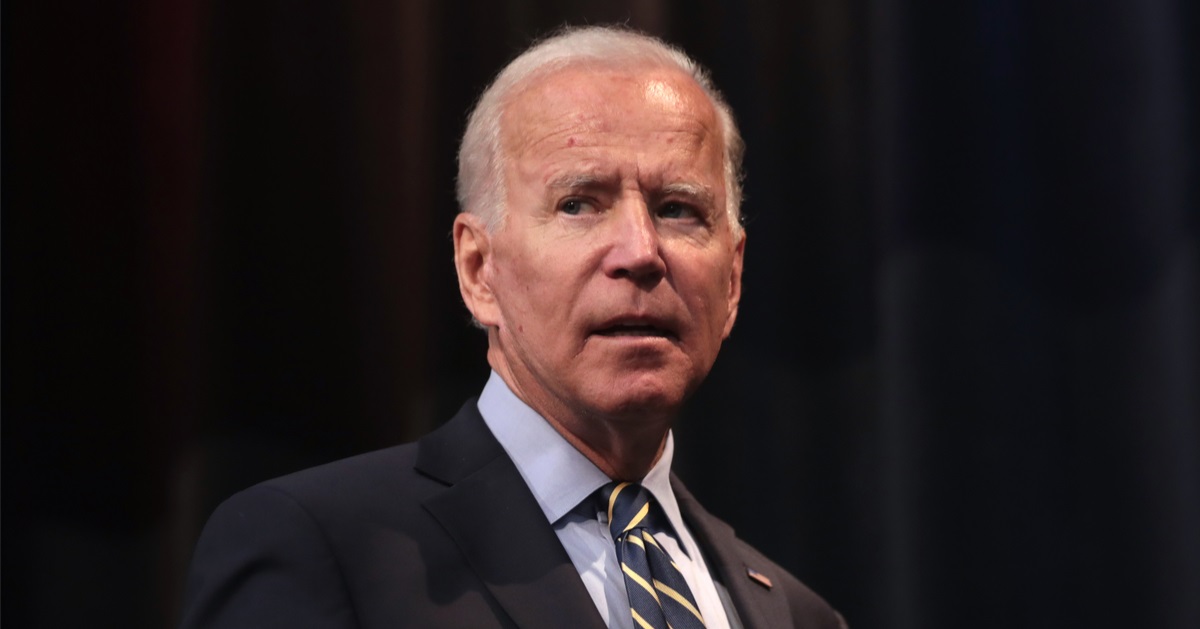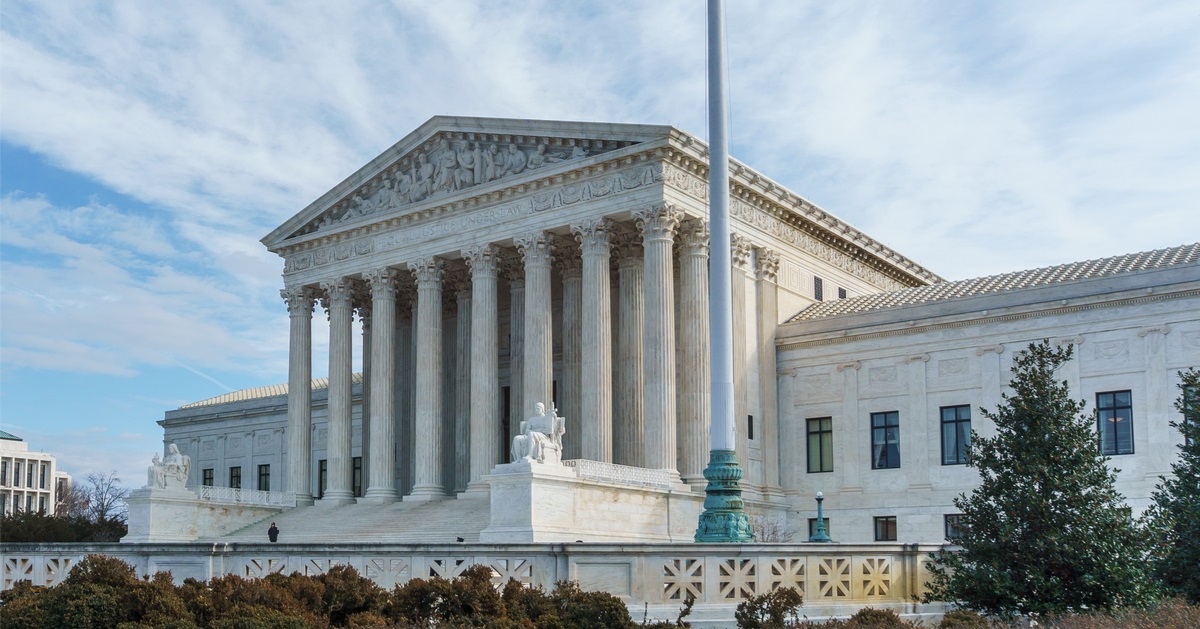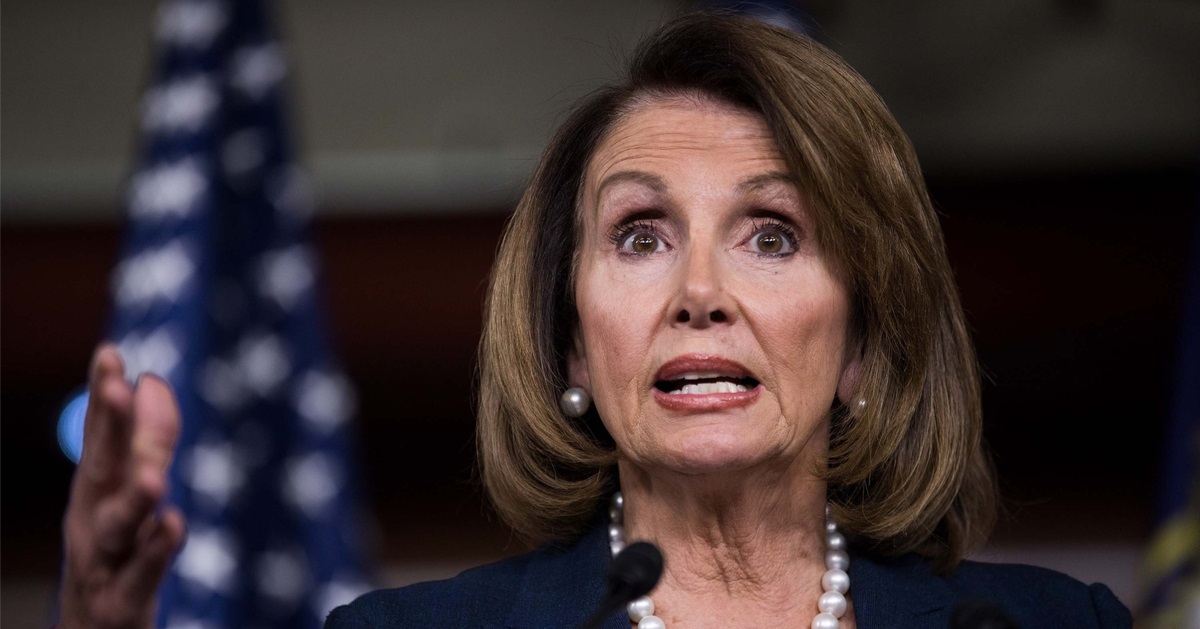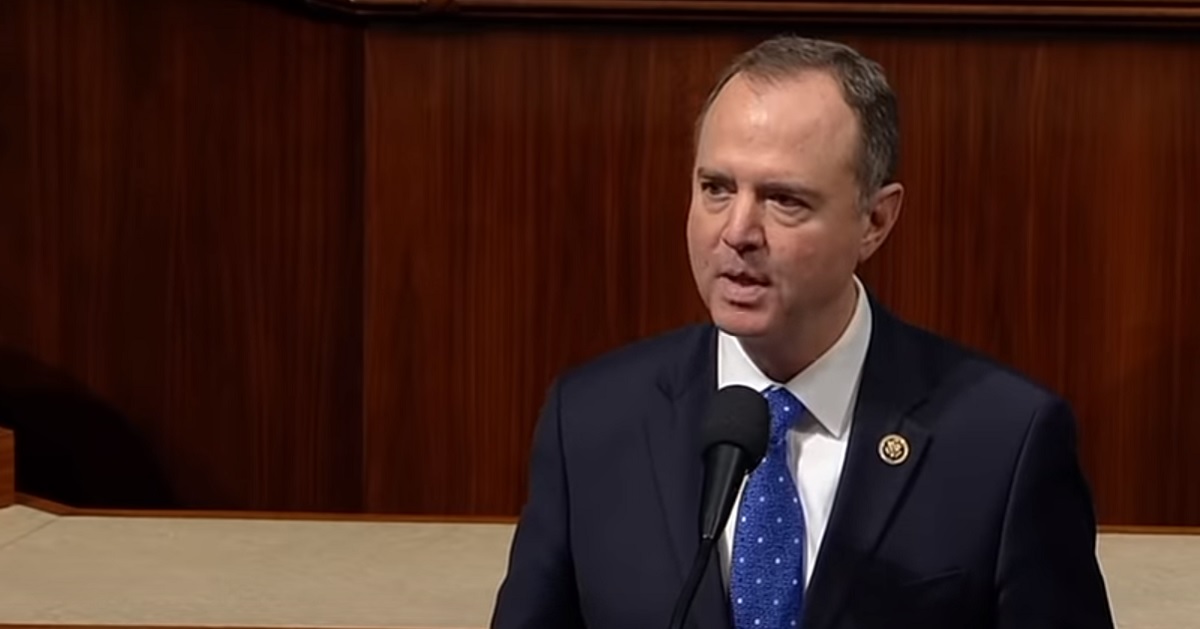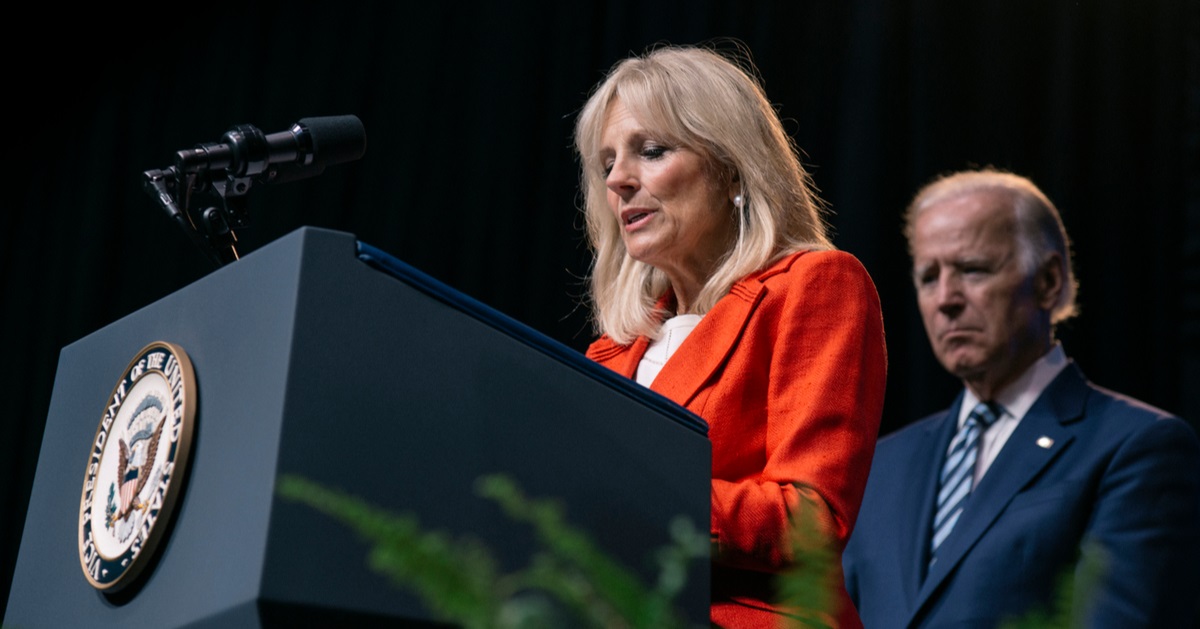Election official convicted for creating fake names to send absentee ballots
Former Milwaukee Election Commission deputy director Kimberly Zapata faced legal repercussions after unlawfully sending three ballots to a Republican state representative, revealing underlying tensions regarding election integrity rhetoric and actions.
Zapata's conviction on one felony charge of misconduct in public office and three misdemeanors for falsifying statements to obtain absentee ballots followed a jury trial, where her defense emphasized her frustrations with Republican discourse on voter fraud.
Top Election Official Convicted for Creating Fake Names to Order and Send Absentee Ballots https://t.co/jnn6pIZcft
— robert kennedy (@robertk29393789) March 24, 2024
The verdict
The verdict, delivered after approximately five hours of deliberation, culminated in Zapata's scheduled sentencing on May 2.
Her dismissal from the commission shortly before the 2022 midterms, stemming from the revelation of her ballot dispatch to GOP state Rep. Janel Brantdjen's residence, prompted scrutiny from Milwaukee Mayor Cavalier Johnson, who denounced Zapata's actions as a betrayal of public trust.
During the trial, Zapata contended that her actions aimed to prompt Brantdjen to reevaluate her vocal advocacy of election fraud claims. However, prosecutors challenged this defense, asserting that Zapata's actions constituted a criminal violation rather than a legitimate attempt to address electoral vulnerabilities.
“This has every appearance of being an egregious and blatant violation of trust,” Johnson said, according to WITI-TV. “I was stunned, absolutely stunned, to hear the very serious allegations against her.”
The importance
Assistant District Attorney Matthew Westphal underscored the existence of proper channels for addressing concerns about election integrity, rebuking Zapata's resort to illegal methods as unjustifiable.
Despite the absence of illegal votes cast, the incident underscores potential vulnerabilities in the electoral process and highlights the challenges of detecting and prosecuting such offenses.
Zapata's case serves as a stark reminder of the ease with which voter fraud can occur and the imperative of fortifying electoral mechanisms against exploitation.
Ongoing voting issues
As debates surrounding election security persist, Zapata's case underscores the need to address broader concerns about the resilience of electoral safeguards.
The incident prompts reflection on the effectiveness of existing protocols in mitigating the risk of exploitation by malicious actors.
Zapata's conviction signals the consequences of circumventing electoral protocols and underscores the importance of upholding the integrity of the electoral process.
As efforts to bolster election security continue, Zapata's case serves as a cautionary tale, emphasizing the necessity of vigilant oversight and adherence to established procedures to safeguard the integrity of democratic processes as the nation prepares for a new presidential election later this year.

